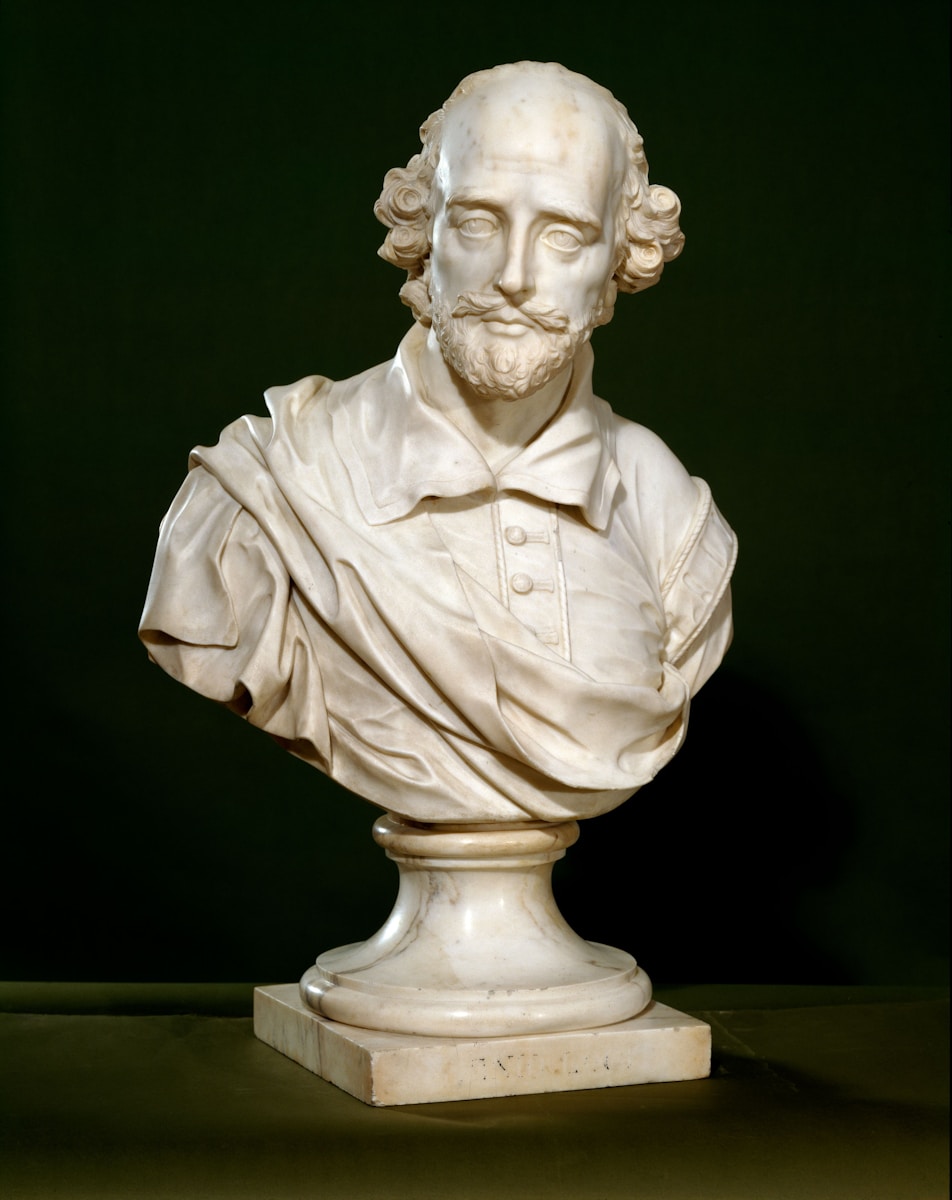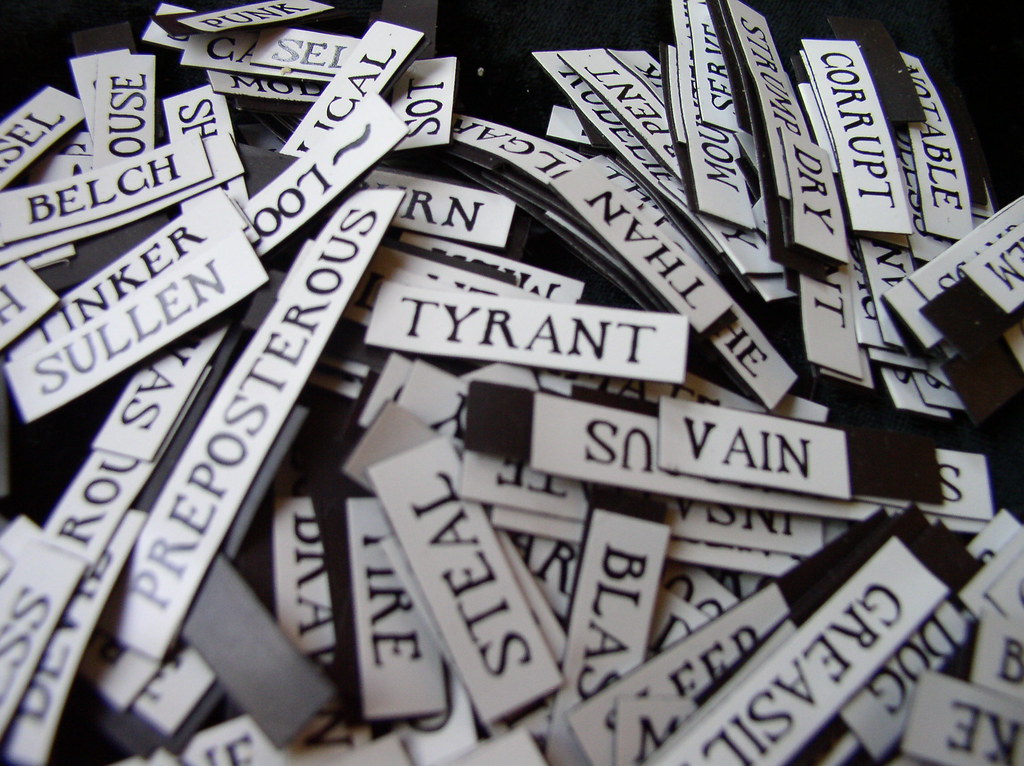
Test Yourself: Can You Translate These Shakespeare Quotes to Modern English?
William Shakespeare, often hailed as one of the greatest playwrights and poets in the English language, has a unique way of weaving words together that can sometimes feel like a puzzle. His works, rich with metaphors, intricate language, and profound insights, can leave even the most literate among us scratching our heads. If you’ve ever come across a Shakespearean quote and thought, “What on earth does that mean?”—you’re not alone!
In this article, we’ll present some of Shakespeare’s most famous quotes and challenge you to translate them into modern English. Whether you’re a seasoned Shakespeare aficionado or a newcomer to his works, this journey through time and language will be both fun and enlightening. So, grab your thinking cap, and let’s dive in!
Why Shakespeare Still Matters
Before we jump into the translations, it’s essential to understand why Shakespeare’s work continues to hold such importance today. His plays and poems explore timeless themes—love, jealousy, ambition, betrayal, and the human condition. In fact, many phrases and expressions we use today originated in his writings. So, while the language may seem archaic, the emotions and experiences he captures are very much alive and relevant.
Shakespeare’s Unique Language
Shakespeare wrote during the late 16th and early 17th centuries, a time when the English language was evolving. His use of iambic pentameter, clever wordplay, and inventive vocabulary set him apart from his contemporaries. However, the Elizabethan English he used can be challenging for modern readers. Words and phrases have shifted in meaning, and many expressions are no longer commonly used.
Let’s take a look at some quotes and see if you can translate them into something we would say today!
Quote 1: “To be, or not to be, that is the question.”
This famous line from Hamlet is one of the most recognizable in literature. Hamlet is contemplating existence and the nature of life and death, but what does it mean in simpler terms?
Your Turn: What would you say in modern English?
Possible Translation:
“To live or not to live, that’s what I’m thinking about.”
Quote 2: “All the world’s a stage, and all the men and women merely players.”
From As You Like It, this quote reflects Shakespeare’s view of life as a theatrical performance.
Your Turn: Can you think of a more straightforward way to say this?
Possible Translation:
“Life is like a stage, and everyone is just acting their part.”
Quote 3: “Shall I compare thee to a summer’s day?”
This line opens one of Shakespeare’s most famous sonnets, and it’s a beautiful compliment. But how can we rephrase it for today’s audience?
Your Turn: What would this look like in modern terms?
Possible Translation:
“Should I compare you to a summer day?”
Quote 4: “Though she be but little, she is fierce!”
In A Midsummer Night’s Dream, this line speaks to the strength of a seemingly small character, Hermia.
Your Turn: How would you express this sentiment today?
Possible Translation:
“She might be small, but she’s really strong!”
Quote 5: “What’s in a name? That which we call a rose by any other name would smell as sweet.”
This line from Romeo and Juliet questions the significance of names.
Your Turn: Can you make it sound more contemporary?
Possible Translation:
“What does a name matter? A rose would smell just as good no matter what you call it.”
The Challenge of Translation
Translating Shakespeare isn’t just about changing the words; it’s about capturing the essence and emotion behind them. Each quote comes laden with context, and stripping that away can sometimes dilute its meaning. That’s why engaging with these lines is such a delightful challenge—it forces you to think critically about language and intent.
The Fun in the Challenge
As you work through these translations, consider why certain phrases resonate with you. Shakespeare’s genius lies in his ability to tap into the core of human experience, and often, that’s what makes his work timeless. Discussing these translations with friends or in a classroom setting can lead to lively debates and discussions about the interpretation of each quote.
Quote 6: “The lady doth protest too much, methinks.”
Often quoted in modern contexts, this line from Hamlet implies that someone’s excessive denial might suggest the opposite is true.
Your Turn: How would you modernize this?
Possible Translation:
“Seems to me, she’s denying it way too much.”
Quote 7: “The course of true love never did run smooth.”
In A Midsummer Night’s Dream, this quote reflects the struggles that lovers face.
Your Turn: What’s a modern way to express this?
Possible Translation:
“True love is never easy.”
Engaging with Shakespeare
One of the best ways to appreciate Shakespeare’s work is through performance. Attending a play, watching a film adaptation, or even performing scenes yourself can bring his words to life. Understanding the context and the emotion behind each quote enhances your appreciation for the language he employs.
Joining the Conversation
In recent years, many educational platforms and social media channels have made Shakespeare more accessible. You can find discussions, analyses, and fun memes that celebrate the Bard’s work. Engaging with others who share a passion for literature can deepen your understanding and appreciation for these timeless quotes.
Final Thoughts
The exercise of translating Shakespeare into modern English not only helps us appreciate the beauty of his language but also allows us to understand the underlying messages more clearly. As you continue to explore his works, remember that the themes he tackled are still relevant today.
So, the next time you come across a Shakespeare quote, don’t shy away from it. Embrace the challenge, have fun with the translation, and see how his words resonate in our contemporary world. Who knows? You might find that the Bard’s wisdom is just as applicable to your life as it was to his characters. Happy translating!




